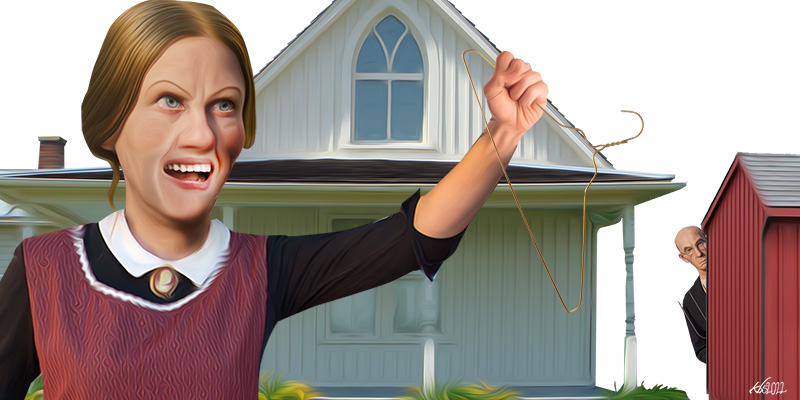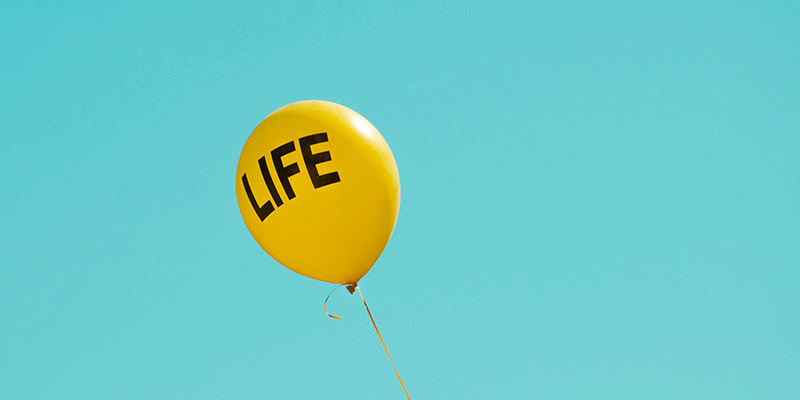Lockdown has now become the new buzzword across all the countries in the world. But haven’t I been in lockdown for several years? My time has been entirely devoted to thinking about the intellectual humanities in their varied disciplinary expressions. I have dedicated a lot of time to constantly reading and writing. In this time of crisis, I still consider myself in a conclave as I have frequently done within the four walls of my office, at home in Mayotte, or in a hotel in Paris, Maputo, Nairobi or Dar es Salaam. I still read; I listen to the news and I continue writing.
I have finished pending writing projects, something that I couldn’t achieve owing to lack of time; and this quarantine offers me the much-needed hours for my research and writing projects.
This pandemic is clearly a drama. But I do not see humanity slowing down, but rather see a system that has been suddenly brought to its knees. It is true that there are hundreds of deaths, but faced with the consequences of coronavirus, a sense of solidarity and responsibility towards others is reborn each time humanity is tested. This is not humanity broken in the depth of counting the dead. No, far from it. Because humanity will know how to show solidarity, and a humanitarian sense and humanism will yield at the end of the crisis.
The tragedy that is unfolding before our eyes has a different name. And paradoxically, this is also a moment pregnant with hope for humanity, like waiting for the sun at the end of a cyclone. This drama is, in reality, the opposite of the ruin of a system thought out two centuries ago. It could not have triumphed this far, except by imposing a monstrous greed. Gluttonous, it gobbled up any sense of human solidarity.
My assertion is that the drama that destiny is unfurling is the end of this capitalist model conceived by the Western bourgeoisie that resulted from the Industrial Revolution of 1789. It is the first victim of this small virus that has just ripped the ogre that has exploited humans and nature with its tendencies of overproduction and overconsumption for its profit. This has to do with the agony of capitalism, which exploits individuals and communities around the world by imposing on them a unique model of society built according to its own cannons that crush, scramble, and grind into debris all the good things that human societies create for the better: their own culture, their identity and works of thought.
Consumers
In every city in the world, workers and the unemployed are reduced simply to consumers. Night and day, they wander like cattle in transhumance in the wide, open spaces of the vast shopping malls, consuming everything and nothing for the sole purpose of satisfying a minority that owns large companies and global brands.
Capitalism is the first victim of the coronavirus. Now, suddenly, everything has stopped. Stores have closed. Football stadia are empty. Airports are closed. Factories have shut down. Mass production has stopped. Brakes have been pulled on consumption. The stock markets are collapsing.
Yet, all of a sudden, there is less pollution in the big cities. Nature is taking over. Rivers and forests are breathing. We could say it is almost surreal, if not ironic. Lacking power, states are prescribing books and works of thought, culture and the arts for those who are in isolation. For a long time, this vital intellectual sustenance was banished to the furthest rungs in those large surface malls, being the least of their concerns. We are the spectators of this unedited scene that depicts the death of a titan. Civilisation is in the process of losing pride in its science and finance. In lockdown, I invite you to reflect.
Today let us ask ourselves whose interests these high streets serve. These streets that were filled yesterday with customers are now ghostly. There is a lockdown of a system that had confiscated all reason, repudiating any logic that did not relate to production and consumption. Lockdown in the face of the pandemic we are now experiencing is forcing us to address the following question: What are our concerns now that stores and places of leisure are closed? We will say: “Food, water, health and family.” And we will wonder why we walk on these high streets every day: “Of what use is what I bought there?”
Undoubtedly, for many people, there will be a feeling of having lost something. A feeling that freedom has been curtailed. This can be explained through the habit and conditioning of consumption. Locked down, we have an opportunity to critically look at our way of life in relation to our social roles both as individual and collective identities.
I start of from the principle that the consumers that we are did not chose to be that, or rather, they did not choose to be this or that type of consumer. The excessive advertising which we see on our televisions, on our phones, on large billboards along roadsides in our cities programme us. During the day, we are at work, and in the evening we end up on the streets in those shopping centres and malls, buying useful and useless things freely. At night we are condemned to plunge into the bars and the discotheques where we are all consumed by imported goods which the city offers us to excess. Is that really our choice? Is it our choice to live in this manner? Do we choose what to buy? Do we have personal tastes linked to our life choices or do we follow the dictatorial orders of the billboards, the screens, the trends and the city that impose their choice on us? Is it really our freedom?
There is a lockdown of a system that had confiscated all reason, repudiating any logic that did not relate to production and consumption. Lockdown in the face of the pandemic we are now experiencing is forcing us to address the following question: What are our concerns now that stores and places of leisure are closed?
The lockdown has provided us with an opportunity to rethink our social condition. From the outset, I realise that the quarantine does not actually take away my freedom. It is the city and the bourgeois capitalist model of the West that have already deprived me of my freedom. The city prevents me from being what I want to be; it imposes an exogenous model on me. The life that is offered to me in the city deprives me of my thoughts and my critical sense. The freedom I think I enjoy is illusory.
All those who cannot consume have this feeling of not being free because they do not take part in this great illusion of shop fronts and nightspots. In truth, my freedom depends on my ability to make conscious choices as an enlightened individual according to the values I have forged and which have been transmitted to me by my culture.
Yet, in this city where I live, I find that the individual I am is conditioned by overconsumption of products imported mainly from the West. These invade one’s universe on a daily basis. Along the roads and streets, advertising impales on people a fantasy. Many products sold in the shops and in the malls of the city, which are now closed, are not useful to one’s existence and happiness. Yet one constantly feels the urge to buy stuff. As a consumer, one thinks that one is going to use the goods, when in fact it is goods that are the tools, the cogs, that turn the capitalist war machine. In this case, it is best to admit that there is no freedom whatsoever and it is, therefore, appropriate to undertake individual work for recovery to happen.
Recovering individual freedom
In consumer societies, individual or social freedom cannot be referred to when the trading system integrates “intellectual products” with “endogenous products” because these represent an essential part of the cultural identity of the territory and, therefore, of the social individual and group.
By “intellectual products” I mean all those cultural objects and representative artefacts that are part of the intellectual ordering of men and women in society that have the capacity to provide them with the requisite knowledge and consciousness to make decisions and hold opinions about life’s choices. These include books, theatre, cinema, music, and cultural and scientific heritage. By “endogenous production” I mean the economic chains developed by a society, such as food, clothing, and crafts.
After the crisis, when trade reopens its doors, we ought to demand for more local goods and more local thought products and art on the shelves of the shops and on the billboards. Writers, artists, and academics must strive to be a powerful force actively participating in the construction of the city and its civic life. The presence of intellectual and representative goods produced by writers, researchers and other creatives must be accessible on the shelves. They must become consumer goods. These works of emotion, of feeling, of history and heritage must be highly valued. The city and its leaders must be conscious that writing and poetry that is inspired by terror will be able to generate significant answers to urban questions.
After the crisis, when trade reopens its doors, we ought to demand for more local goods and more local thought products and art on the shelves of the shops and on the billboards. Writers, artists, and academics must strive to be a powerful force actively participating in the construction of the city and its civic life.
After the coronavirus what shall we do from and in our cities? The bourgeois model described as the highest finds itself in its limits and has begun its years of decline, despite that fact that the youth who emerged after independence followed it blindly. It is touted as the only economic model that is viable even though this is false. It imposes the same Western system of consumption on every city, with the same high streets in similar commercial centres, bars, and discotheques. It proposes the same products that one finds in the West within a context of poverty.
In reality, the cities of poor countries are feuding. They submit themselves to a voluntary domination. They cut themselves off from their inhabitants, from what I call “intellectual production” and “endogenous production”. Incapable of following the rhythm of New York, Paris, London, Dubai, Abu Dhabi etc., our poor cities dehumanise us through the corruption of men and the prostitution of women.
It is time to think more about a system that would balance these forces. It is unfortunate that the coronavirus is in the process of doing this work.







